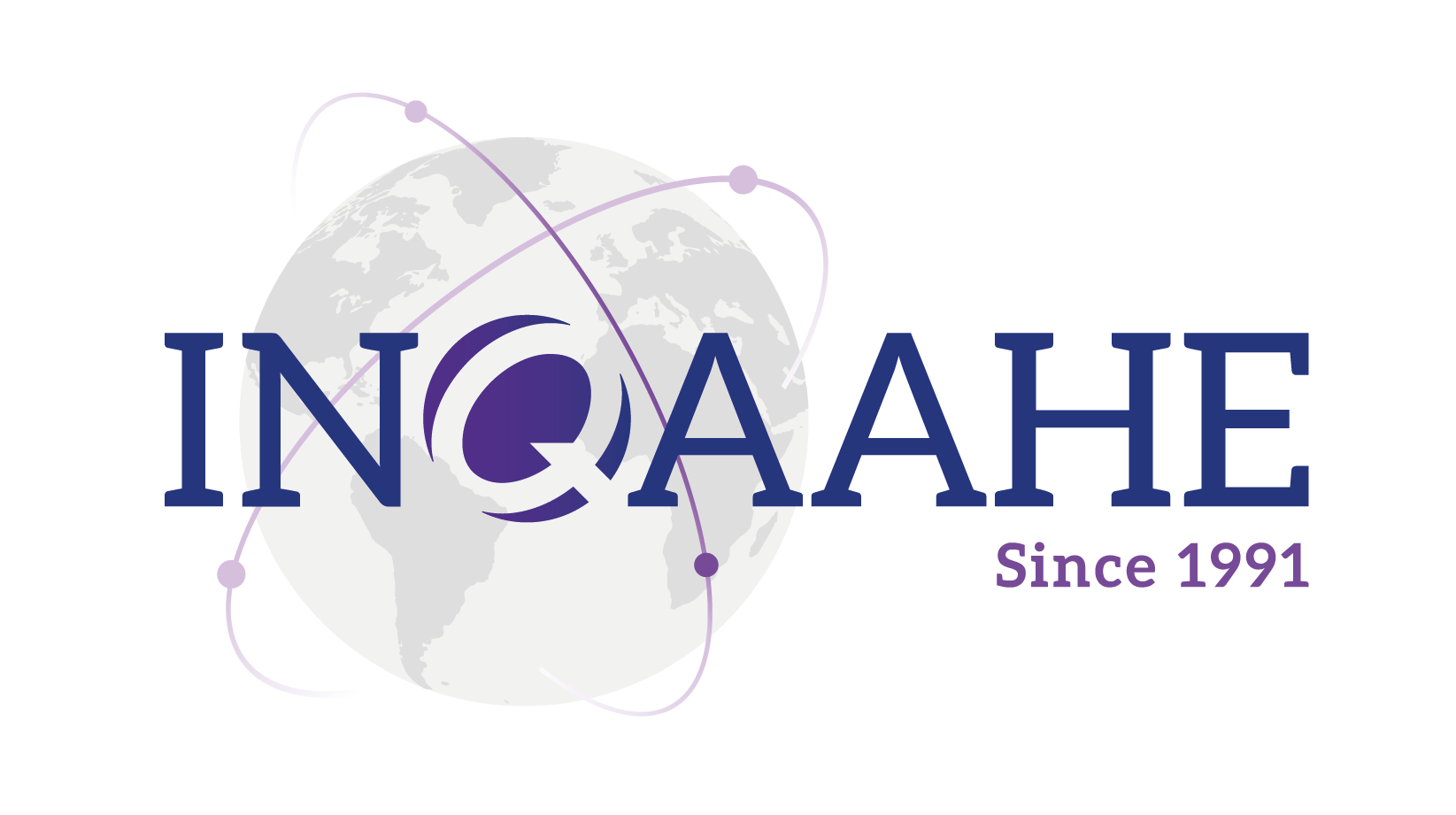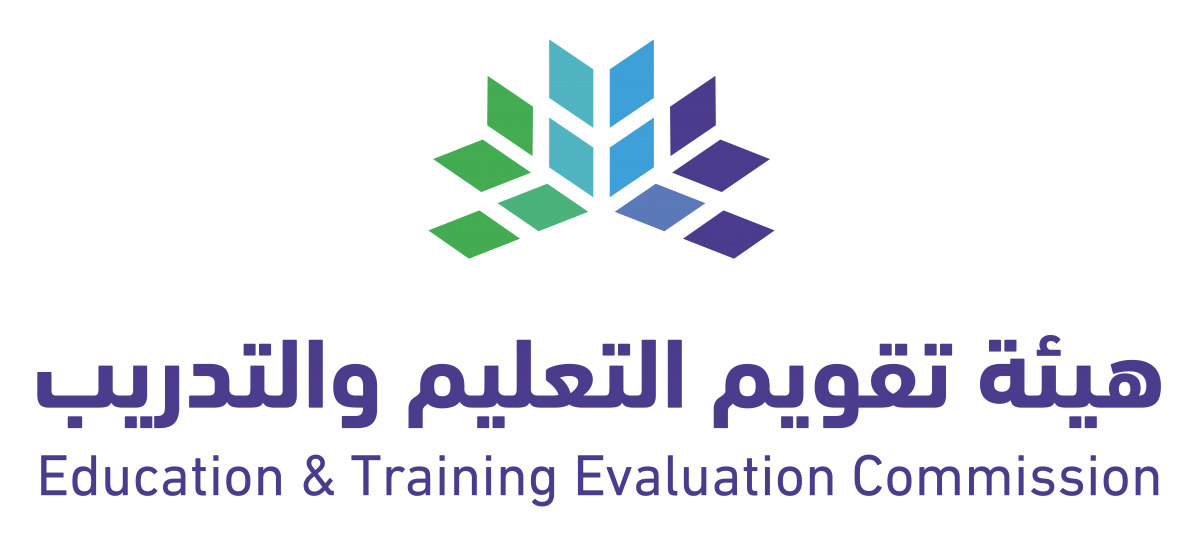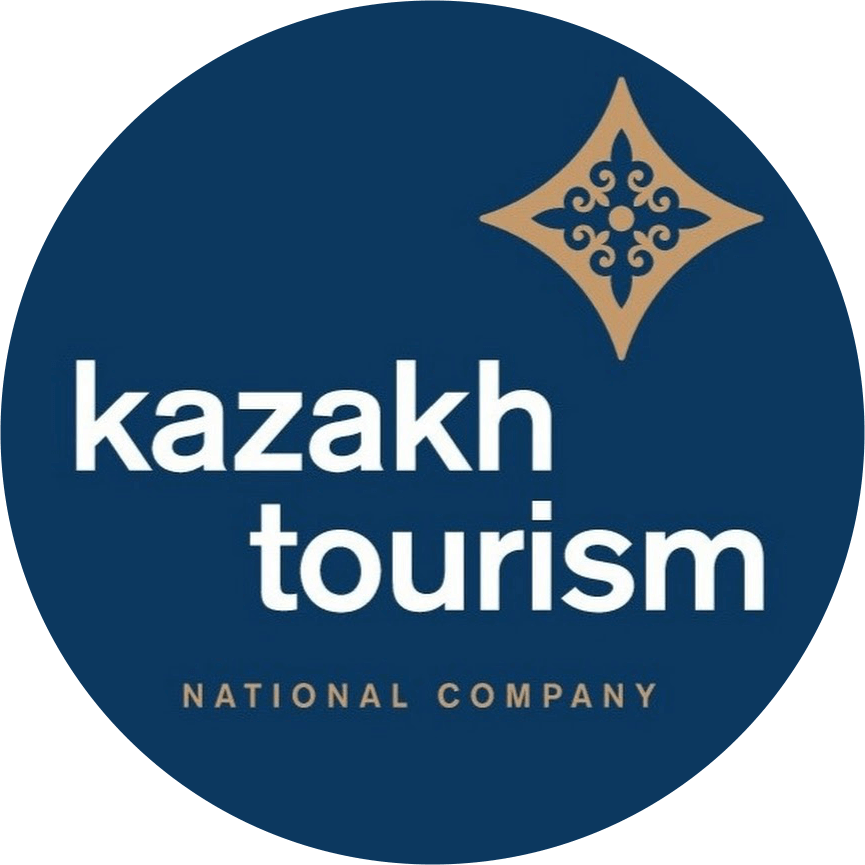INQAAHE Conference 2023
Roadmap to Enabling Quality in Tertiary Education 2030
May 30, 2023
Sub-theme 1 Fostering quality of flexible learning pathways
Multi-Speaker session
Independent lifelong learning system through credit-hour accumulation and its quality assurance
This presentation will focus on lifelong learning at the higher education level focusing on the all-time twin challenges of non-traditional education: quality and access. NIAD-QE was established as an organization to promote lifelong learning to enable independent learners to accumulate credit hours and earn bachelor's degrees. Later it was appointed by the government to be responsible for the third-party evaluation of Japanese HEIs. As a result, NIAD-QE has been in the dilemma of being an organization bearing twin challenges.
The author would like to take this case as a topic among the participants to deepen a discussion on the issue of how to balance promoting access to higher education for lifelong learners with assuring its quality.
Facilitated by:
 Prof. Mori Rie
Prof. Mori Rie
MORI Rie is Professor at the National Institution for Academic Degrees and Quality Enhancement of Higher Education (NIAD-QE). She earned BA and MA from Waseda University and joined National Institution for Academic Degrees (NIAD) before its reorganization to NIAD-QE as Research Fellow. Her prime research interest is the accreditation of higher education institutions that ensures the legitimacy of higher education credentials, including degrees earned in nontraditional ways such as personal credit-hour accumulation. She was a visiting researcher at the New England Association for Schools and Colleges (now New England Commission of Higher Education) and Boston College (2004-5).
Her recent publications include:
Kim, S. and Mori, R. (2021) “Improving Access to Higher Education through Demand-Side Policies” in Eggins, Smolentseva, and de Wit eds., Higher Education in the Next Decade, Brill, Amsterdam.
Mori, R. (2018) Higher education possibilities for and constraints on international students in Japan, Programme and meeting document, UNESCO.
Mori, R. (2016) "In Defense of Japanese Liberal Education", Liberal Education, Association of American Colleges and Universities, Vol. 101:4/102:1, Fall 2015/Winter 2016, pp.72-75, Washington DC.
Preparing Hong Kong for the journey of developing micro-credentials
Micro-credentials which provide flexible pathways for supporting lifelong learning have been on the rise in the global context. An analysis on the existing infra-structure with reference to the eight building blocks for developing a European approach to micro-credentials identified in the European Commission (2020) report has been conducted to identify and prioritise the key areas for the development of micro-credentials in Hong Kong. It is shown that micro-credentials can be developed under the existing qualifications framework. Considerations for development include a practical definition, guidelines for modular design and recognition, enhanced policy for credits transfer, streamlined quality assurance measures, engagement of stakeholders by means of partnership and collaboration.
Facilitated by:
 Dr. Christina Ng
Dr. Christina Ng
Dr Christina Ng has over 30 years of experience in education and training. Trained as an education professional, Dr. Ng has extensive teaching experience in universities, including Nanyang Technological University in Singapore, City University of Hong Kong and the Education University of Hong Kong. In HKCAAVQ, which is the accreditation authority in Hong Kong, she was Head of the Vocational & Professional Qualifications Accreditation unit for 10 years and she is now focusing her work on corporate development of the Council. Prior to joining HKCAAVQ, she was a Senior Manager at the Employees Retraining Board of Hong Kong, responsible for the development and management of over 700 vocational programmes. Her specialization is quality assurance and management.
Short Learning Programmes: a flexible pathway to access tertiary education
AQU Catalunya has designed and successfully implemented a methodology to carry out the ex ante accreditation of short learning programmes (SLPs) published in 2021. This is a pioneering experience, which also has the active and direct participation of universities, the professional sector, and the government in three differentiated departments: university, employment, and continuous training. In Spain, the training for employment has been established at levels 3 to 5 in the European Qualification Framework (EQF). However, the real nature of the labor market requires in many cases lifelong learning at levels 6 or 7 of EQF. These are unexplored training levels for the Catalan Public Employment Service where, at most, managed trainings at level 4 in the EQF. SLPs provide targeted and specialized training and are a gateway between the higher education system and the professional training system. Consequently, SLPs can be seen as a flexible learning pathway to access tertiary education. This article will point out the strengths of the methodology designed, but also the shortcomings and weaknesses detected derived from the gained experience.
Facilitated by:
 Dr. Esther Huertas
Dr. Esther Huertas
Esther Huertas is the Head of the Quality Assurance Department at AQU Catalunya, the Catalan University Quality Assurance Agency. Previously, she served as a researcher at the University of Barcelona and followed her professional activity as an assistant professor at the same University. Huertas is an Agronomist Engineer and has a degree in Food Science and Technology. She holds a Ph.D. in Chemical Engineering from the University of Barcelona. Huertas has a broad experience in the accreditation of programmes and institutions with special focus on e-learning. She was the chair of ENQA’s working group on quality assurance and e-learning and the work package leader of quality assurance in online higher education in TeSLA project – Trust-based authentication & authorship e-assessment analysis (https://tesla-project.eu/). Besides, she is a member of ENQA working group on microcredentials and their quality assurance. She is also involved in international activities, participating in different groups of discussion focused on quality assurance. Nowadays she is a member of the Agency Review Committee of ENQA.
INQAAHE Conference 2023 is sponsored by KazMunayGas, a platinum sponsor, the Education & Training Evaluation Commission (ETEC), a gold sponsor, Astana Development, a bronze sponsor, and Kazakh Tourism.







